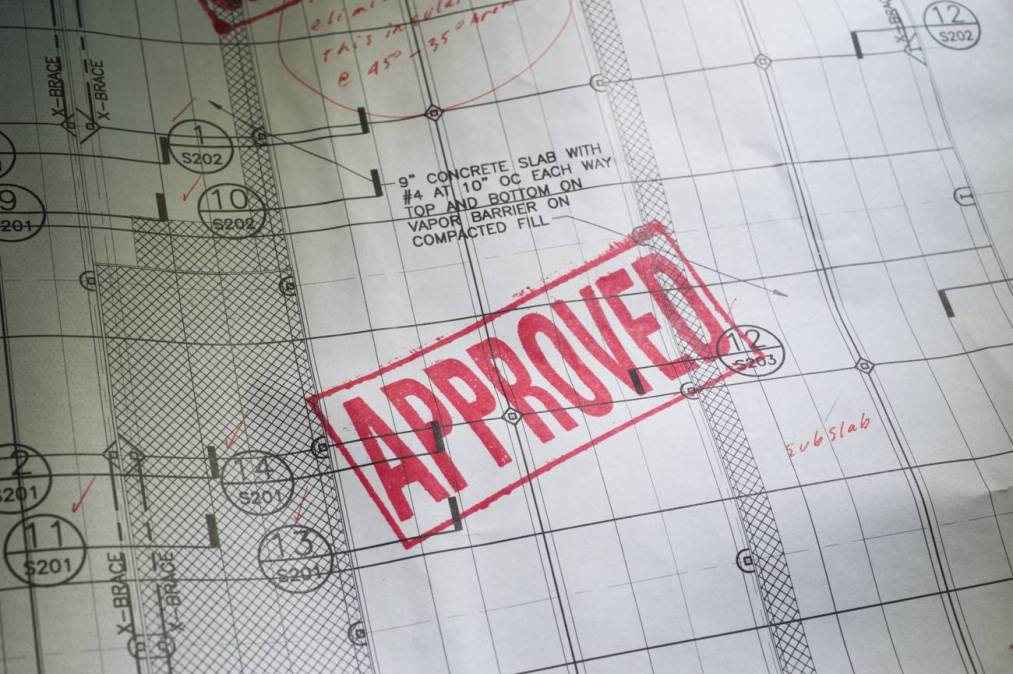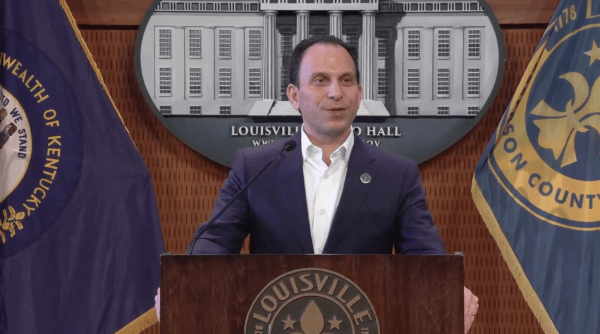San Jose, Calif., to pilot AI tool to speed up build permitting

San Jose, California, in the heart of Silicon Valley, is testing new artificial intelligence software designed to speed up the city’s building permit process, with the goal of making it easier to build residential housing.
The pilot program, launched Thursday by the city’s Planning, Building and Code Enforcement Department, uses AI from CivCheck to pre-check applications and flag problems before they’re submitted. According to the department’s Housing Production Dashboard, more than 90% of accessory dwelling unit applications are returned to applicants due to missing information, which can delay construction. The city aims to build 62,200 units by 2031.
The pilot is part of San Jose’s larger push to use technology across government, from optimizing bus routes to installing license plate readers.
Tasha Dean, chief communications officer for Mayor Matt Mahan, called the effort a step toward “bringing government into the 21st century.”
“I think that most residents interact with their government in a few ways, right? They wait in line at the DMV, they come to their city council meeting and sit through hours of back and forth with elected officials, or they apply for and they spend weeks going back and forth with planners. These are all things that are incredibly frustrating — they’re slow, and ultimately, they reduce trust in government,” Dean said in an interview, “We’re trying to change that view [and] prove that government can be responsive to the needs of the people.”
The testing phase for building permits will begin this fall, with staff using the tool alongside manual reviews. If the pilot project proves successful, Dean said, the city will release it to the public as early as next year, first for accessory dwelling unit permits, which account for roughly a quarter of new-build permit applications, and eventually for single-family homes.
“I mean, part of the big delays and the issues that makes the housing crisis so bad in California is how long it takes,” she said. “And if we can reduce the friction there, ultimately we hope that we can get more shovels in the ground.”
Dean said the AI system could also help the city move quickly in emergencies, similar to the tool California Gov. Gavin Newsom announced last May, designed to expedite the building permit approval process in Los Angeles after the devastating Eaton and Palisades wildfires in January, which destroyed more than 16,000 homes, businesses and other buildings.






